Better battery-powered lawn tools
Outdoor power tools have come a long way from those old plug-in electric lawn mowers and trimmers.
Many of today’s battery-powered tools pack as much punch as their gasoline cousins but with less pollution and maintenance.

Consumer Reports reveals the top tools that are great for your yard and the planet.
All of those gasoline-powered tools that make our outdoor spaces spectacular can take a toll on the planet, emitting significant amounts of noise, not to mention carbon dioxide, nitrogen oxides, and volatile organic compounds, or VOCs.
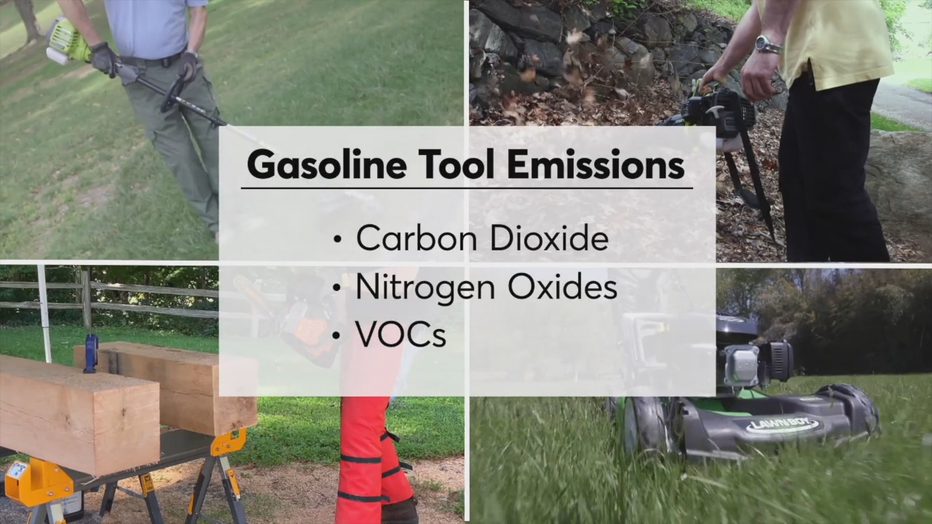
A good alternative, according to Consumer Reports: battery-powered tools, which can help the planet without sacrificing your lawn.
Every year CR test more battery tools, and every year we find fewer reasons to recommend buying gas tools.
Battery-powered motors are more efficient and produce zero emissions.
Consider this: A commercial gas-powered leaf blower running just an hour produces about as much pollution as driving a 2017 Toyota Camry 1,100 miles.
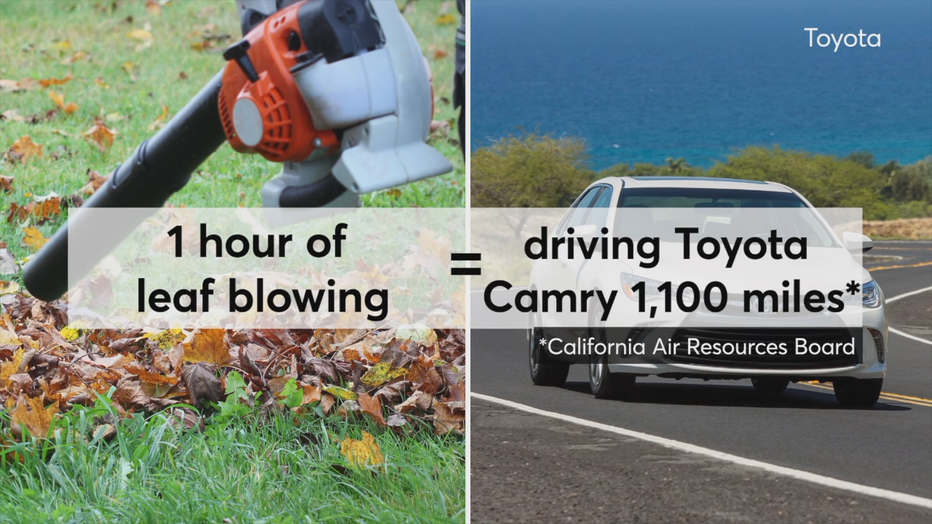
In addition to reducing air pollution, battery-powered tools can also reduce the noise pollution in a typical suburban neighborhood, so your neighbors might thank you, too.
You’ll also be free of all those gasoline spills, refills, and hassles. And there’s less maintenance: No oil changes, spark plugs, or messy gas cans to deal with.
With battery-powered tools, all you do is recharge.
Are you ready for a green upgrade? Consumer Reports says the EGO LM2102SP lawn mower for about $500 earned a rating of Very Good when it comes to close, even, carpetlike cutting.
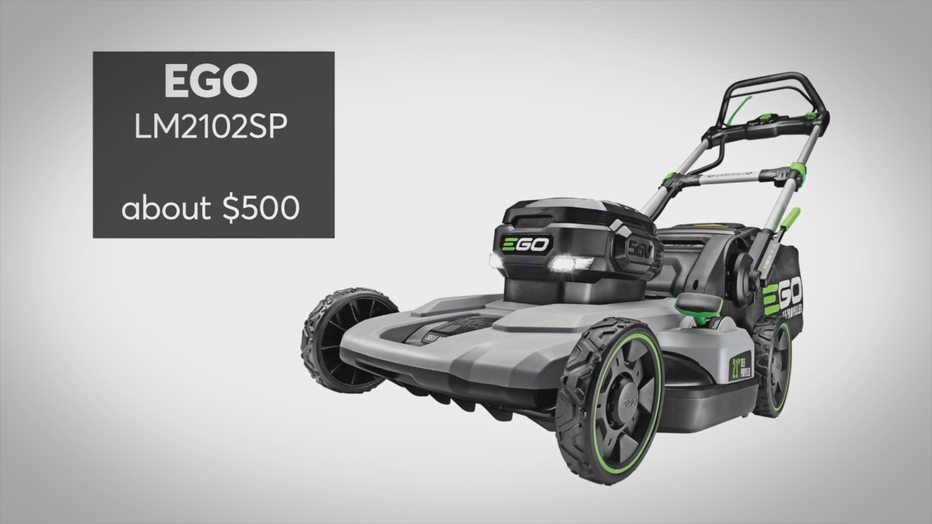
Do you want to blow your leaves without blowing your neighbors’ ears off?
The Best Buy Stihl BGA 57 leaf blower clears leaves fast and quietly.
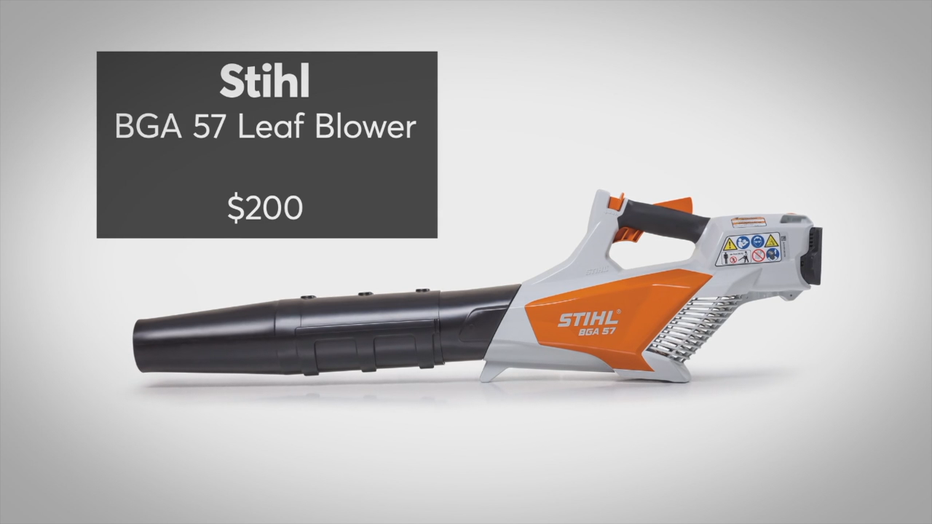
And finally, say goodbye to pull-cord starting with the Ryobi Ry40550 chainsaw, which costs about $250.
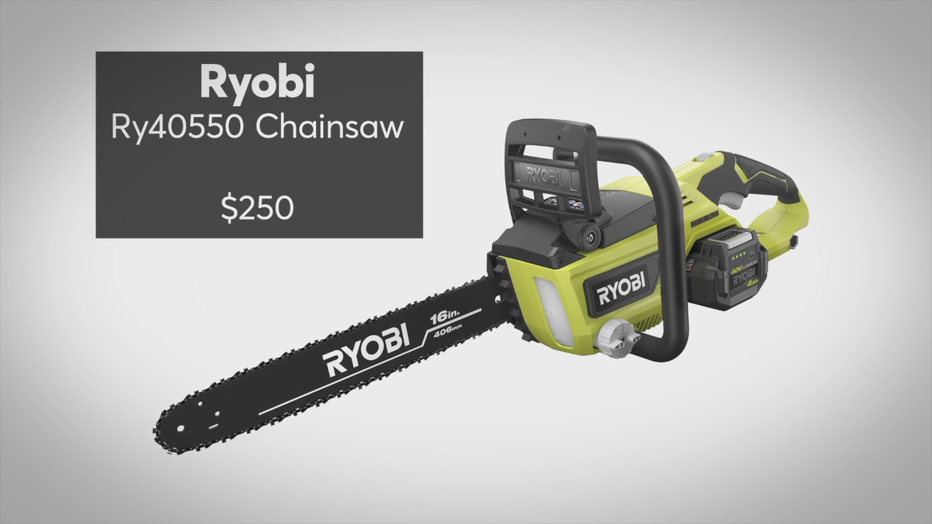
CR’s tests found that it cuts as quick as many lighter-duty gasoline saws.
The downside to battery-powered tools is that they can cost more and replacement batteries can be expensive.
But CR’s reliability surveys have found that many of them are just as reliable—sometimes more reliable—than their gasoline counterparts.
And as battery-powered products have improved, so have their warranties. Many brands have started offering lengthier warranties of two or three years as opposed to one year.

All Consumer Reports material Copyright 2021 Consumer Reports, Inc. ALL RIGHTS RESERVED. Consumer Reports is a not-for-profit organization which accepts no advertising. It has no commercial relationship with any advertiser or sponsor on this site. Fo

